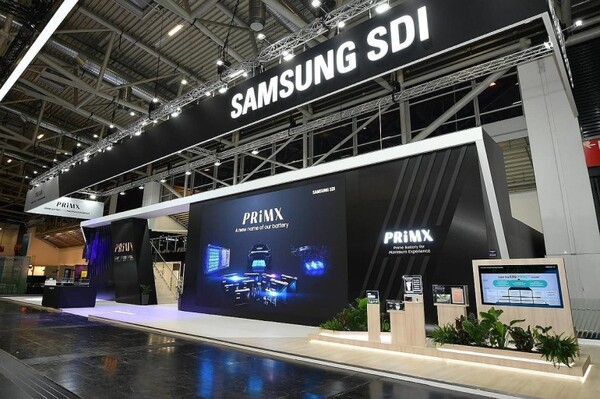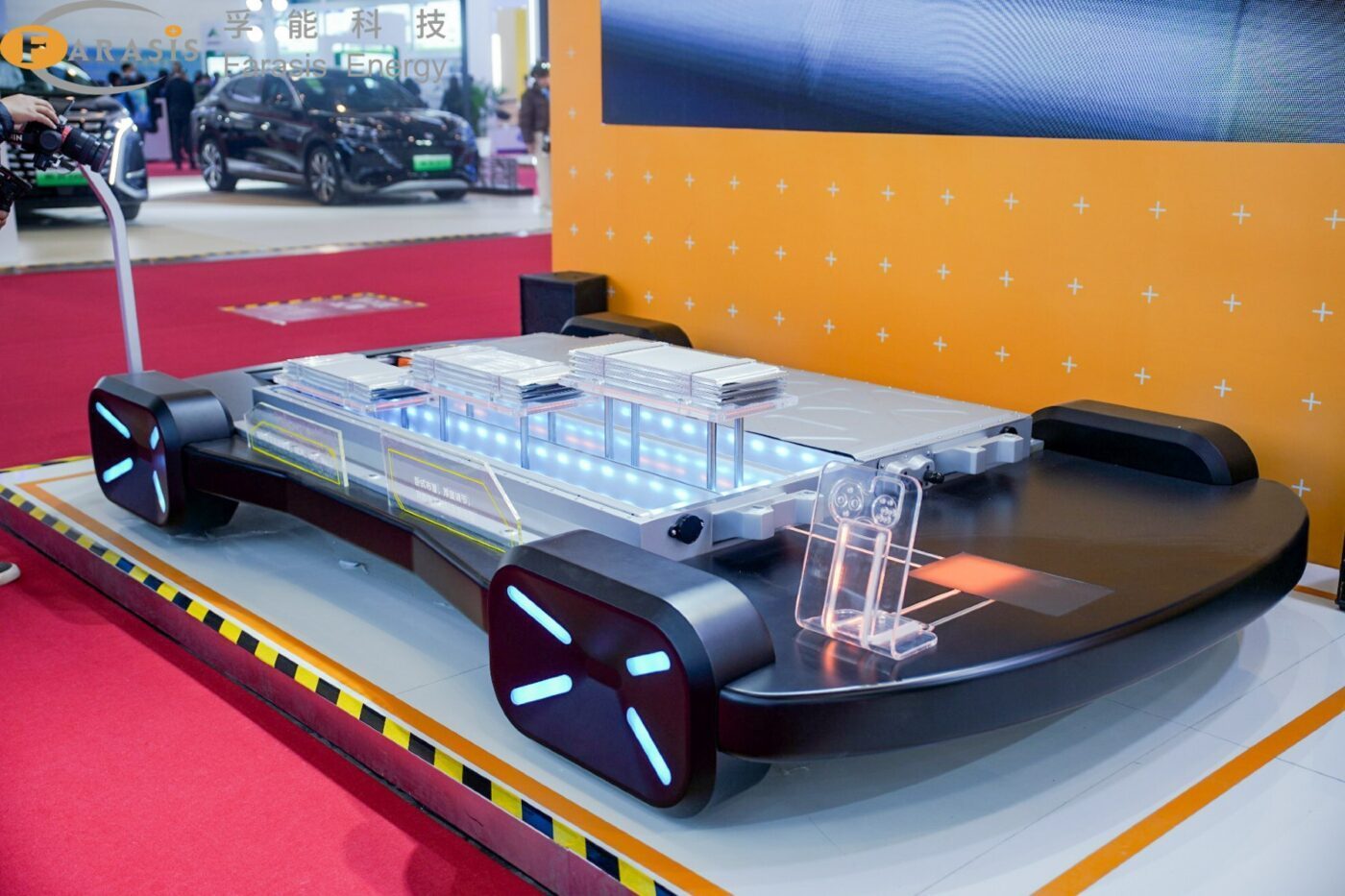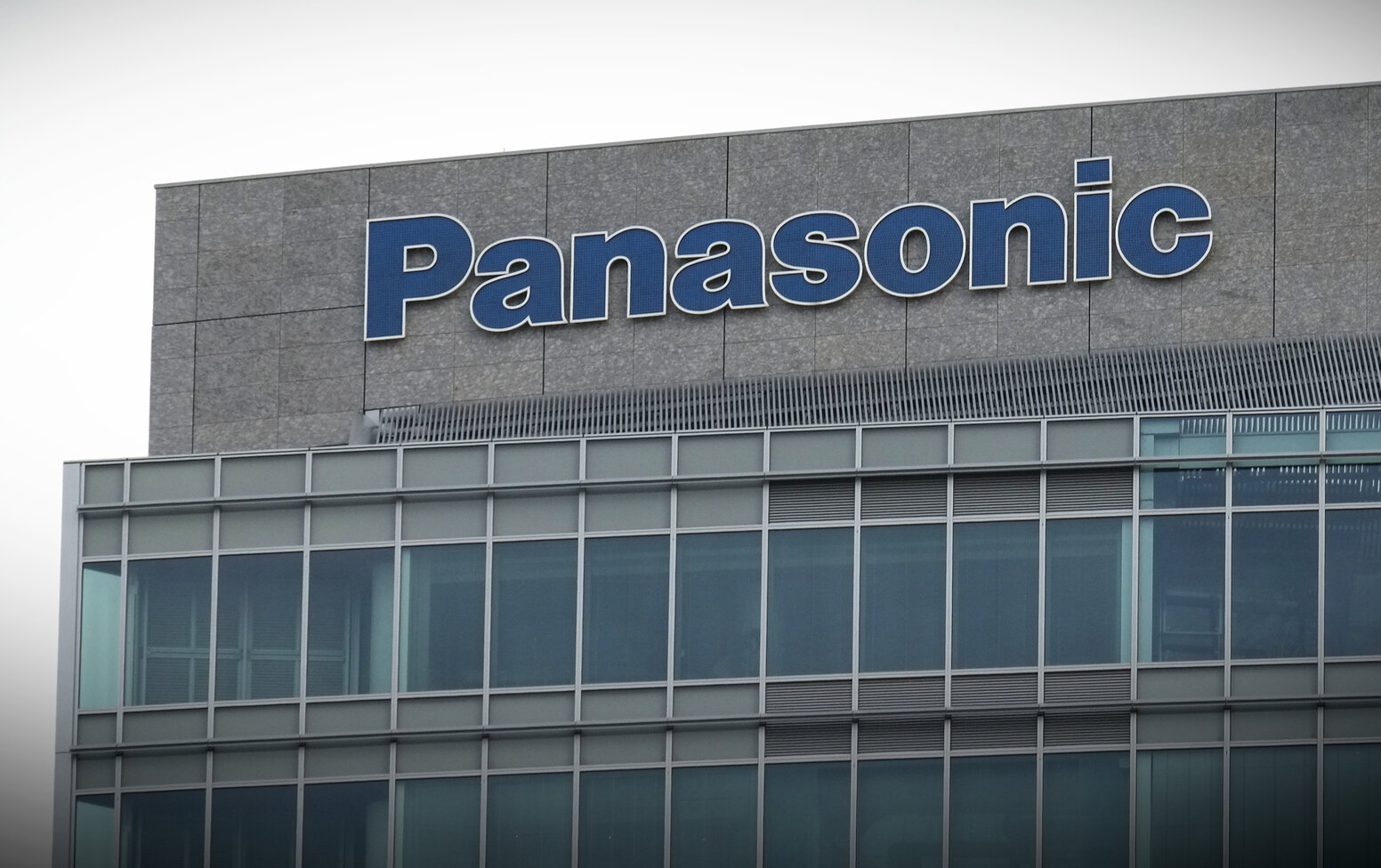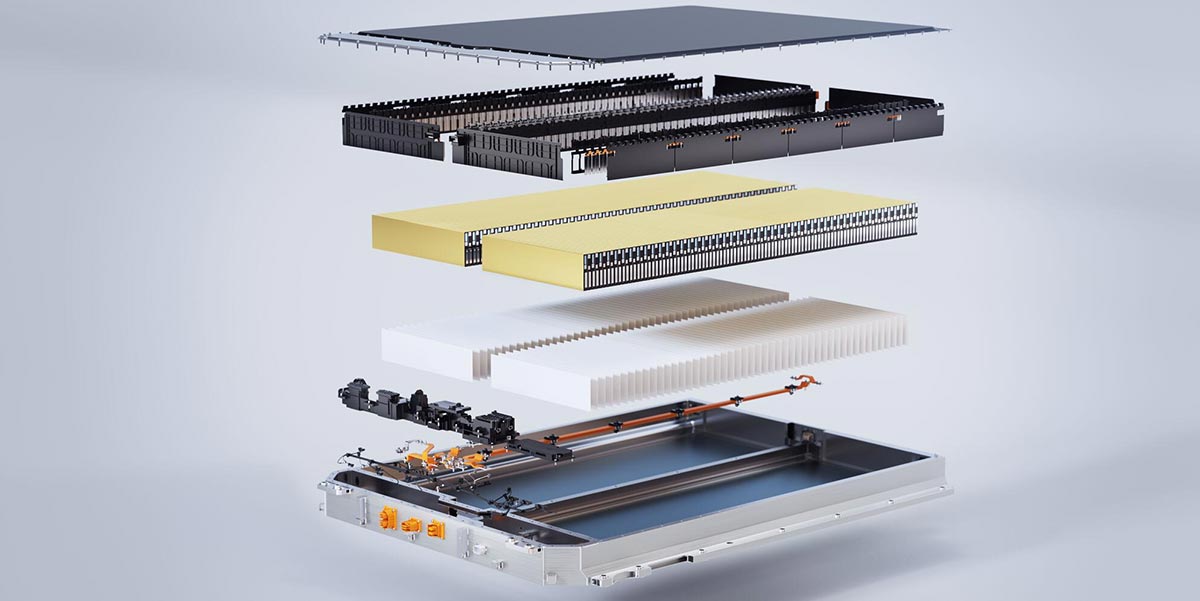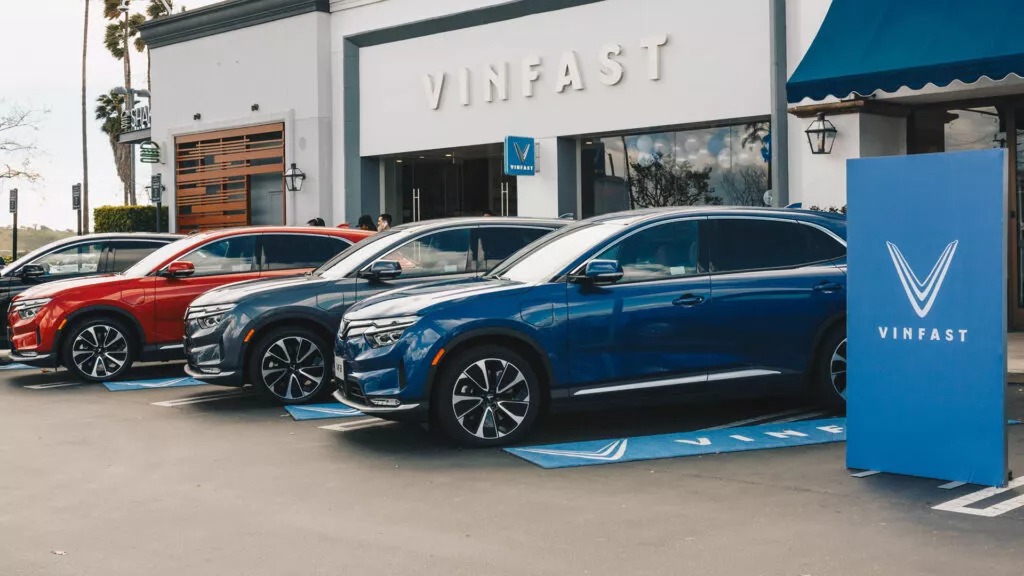Samsung’s SDI division, responsible for the development and production of electric vehicle (EV) batteries, has formed a specialized team focused on the commercialization of solid-state batteries. The anticipated launch aligns with Toyota’s self-imposed deadline of 2027 for introducing the first electric Lexus equipped with solid-state batteries.
Leveraging its extensive experience in manufacturing multi-layer ceramic capacitors (MLCC), which are in high demand for EV applications, Samsung aims to capitalize on manufacturing advantages. The company’s proficiency in producing solid oxide at elevated temperatures positions it to develop stable oxide electrolytes for solid-state batteries, replacing the flammable liquid electrolytes used in current EV batteries.
Samsung promotes its solid-state battery as offering “a longer battery life achieved by the company’s proprietary solid electrolyte and anode-less technologies.” The company asserts its ability to achieve over 900+ Wh/L by adopting sulfide-based electrolyte technology, mirroring Toyota’s approach for its upcoming solid-state battery.
The targeted 2027 commercial release aligns with the outcomes from a pilot production line established at Samsung’s Suwon research center earlier this year. The dedicated team, led by Go Joo-young, a Vice President in the EV battery department, aims to accelerate project timelines and expedite solid-state battery commercialization through the newly established organization.
Samsung’s significant role as an EV battery supplier to major automakers, including General Motors, Stellantis, BMW, and prismatic cell supplier for Hyundai, underscores its influential position in the industry. While a partnership with Rivian fell through, Samsung SDI is exploring joint ventures with Stellantis for a 40 GWh battery factory, scouting locations in Michigan and Illinois.
The advent of a true solid-state battery holds transformative potential for the EV industry, provided it becomes economically viable. The intensified competition arising from players like Samsung and Toyota reflects a growing focus on advancing solid-state battery technology, signaling a potential paradigm shift in the electric vehicle landscape.

